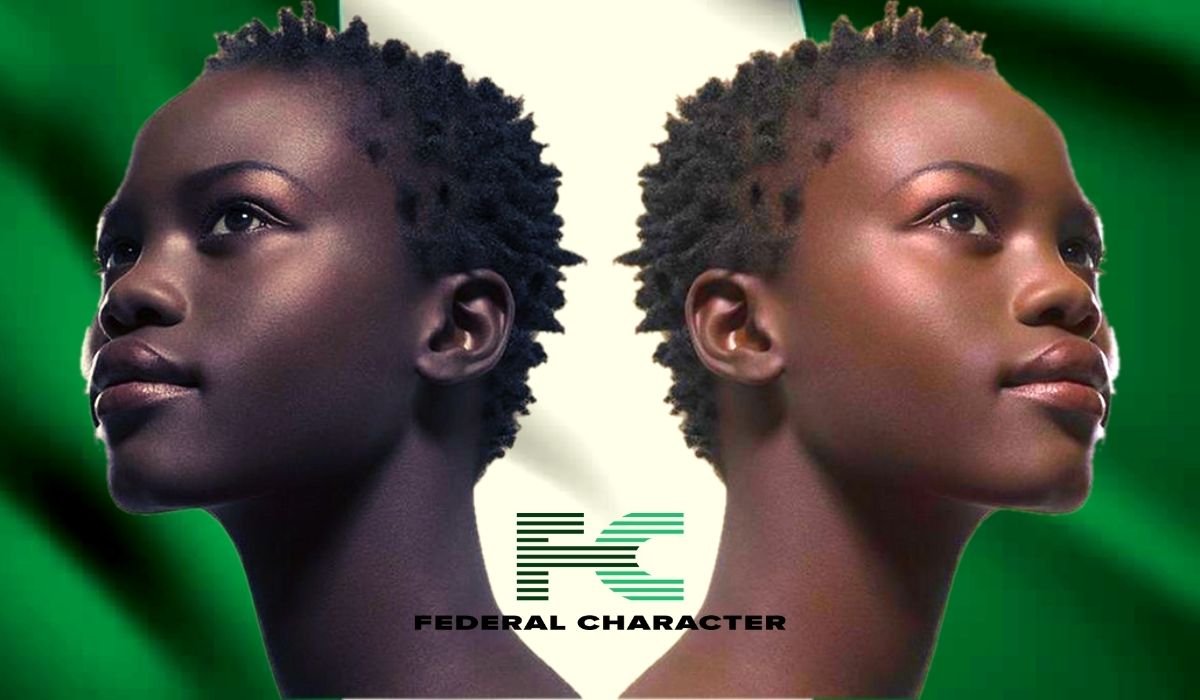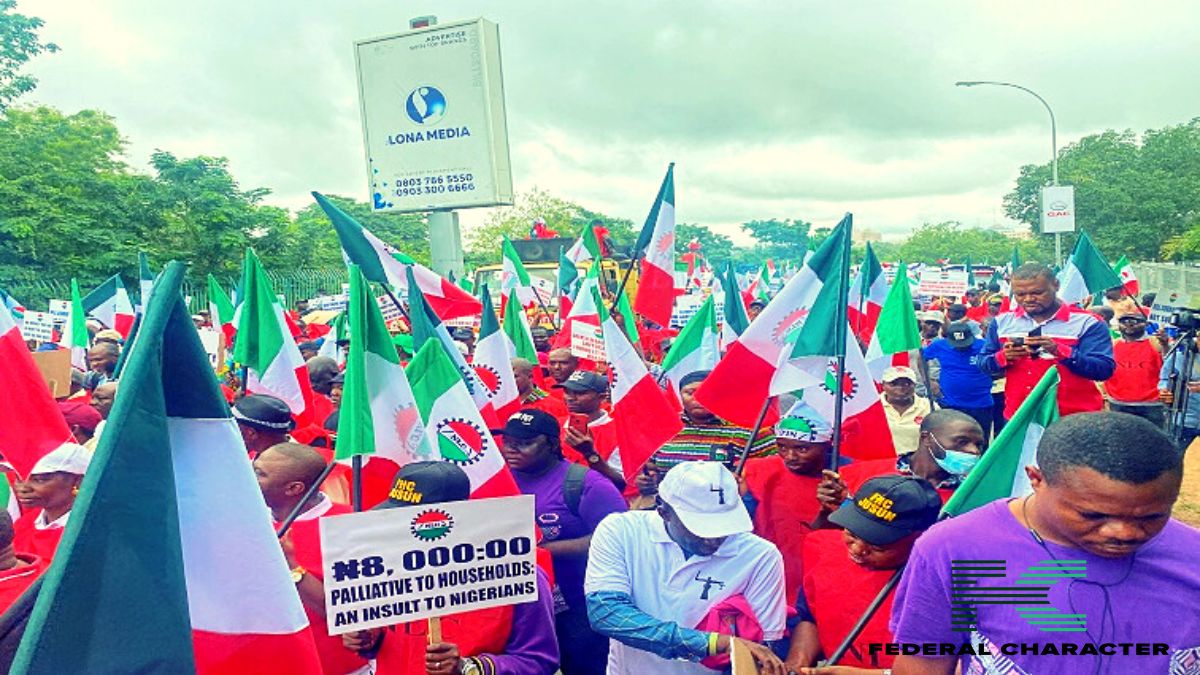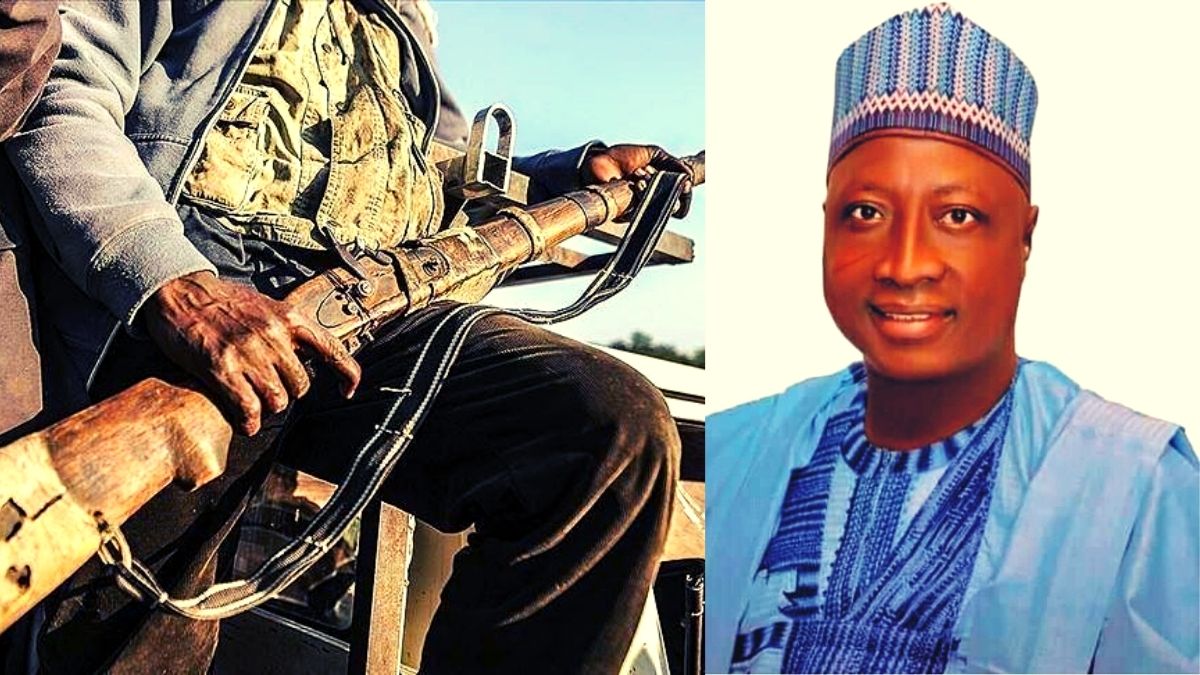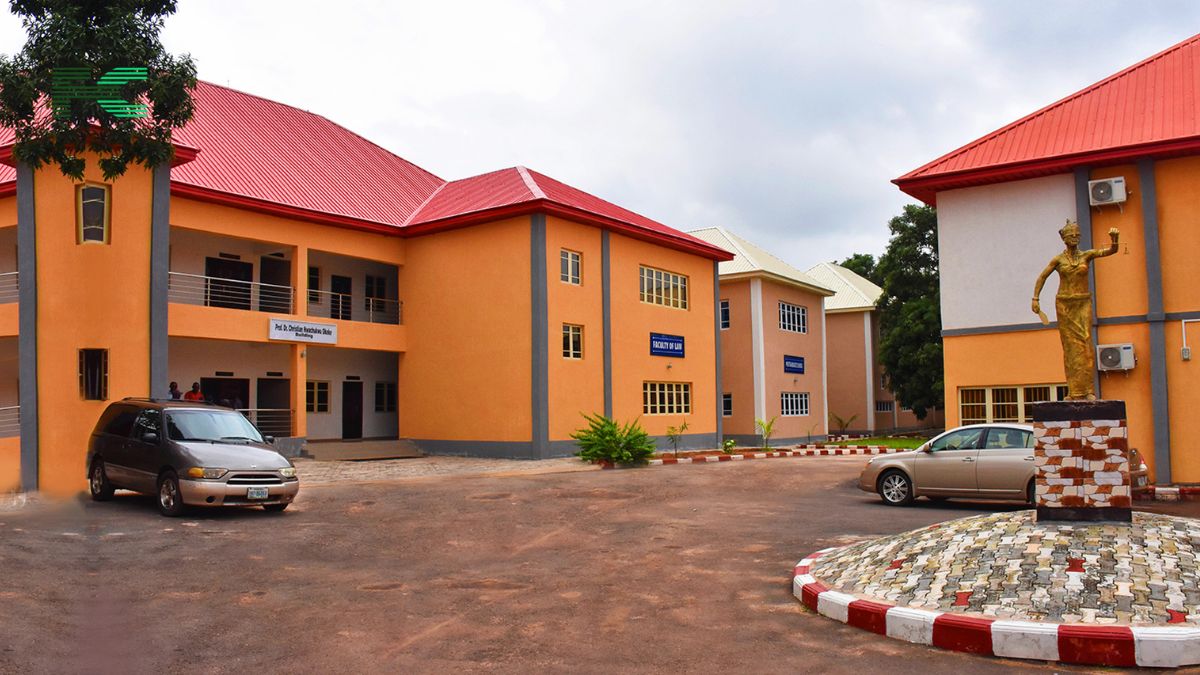“Welcome to a black country, where the skin color black is not appreciated” – unknown
Nigeria is one of the largest markets for skin bleaching products. Recently, there has been an increase in the use of skin lightening products in the country. This is of course, due to the beauty standards and the influence of celebrities and social media influencers which I highlighted in my previous article here (Skin lightening is not skin care).

Skin lightening or bleaching products contain heavy metals like mercury, lead, hydroquinone and other bleaching agents that are harmful to the skin.
To grasp the extent of the recent skin lightening obsession in Nigeria, it is important to understand why a significant part of the nation feels the need to change their natural complexion.
This will be examined further in the illustration below;
In 2019, I stayed with a friend and her family for 3months. And just like every other family, they had their own issues but one stood out amongst the host of problems they always had. And that is: colorism.
My friend is the first child with 2 male siblings, and a mom who constantly reminds her that it is a crime to have a dark skin color especially when she has parents with a lighter shade.
“You are irritating me, Chai! How can you be this black? Look at my son, look at how fair and shiny he is. Aren’t you the one that is supposed to be this fair?”, Her mom says to her every day after the morning devotion. “Look at your friend Zay, see how fine she looks with her color. You are the only one here with a different skin color. Mtcheew.”
This issue led to my friend trying out different skin products, from pure white to caro tone to caro white and other “whitening oil” to help alter her dark skin color to a lighter shade. The outcome was a total opposite of what she had in mind.
In many parts of Nigeria, lighter skinned women are considered the most beautiful. They are perceived as more successful and said to have better opportunities. “Welcome to a black country, where the skin color black is not appreciated”.
“According to the World Health Organization, 40% of African women use skin lightening products daily.”
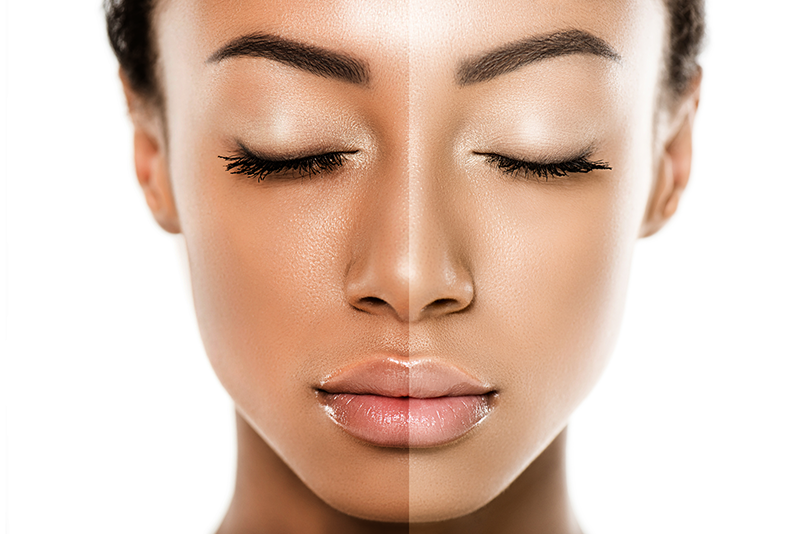
The international day of the girl child is celebrated Oct 11th. As far as we have come in tackling the issues that plague the girl child, there is still a long way to go. Issues of self esteem, lack of self confidence that is caused by enslaving a girl child with these modern world beauty standards or narrative, which makes them grow into women that constantly seek validation and lack confidence in their own skin. It becomes a problem when she feels like she does not fit into the standard like my friend felt.
How does skin bleaching products work on the skin?
Skin bleaching, also known as skin lightening and whitening, reduces the concentration and production of a pigment called Melanin in the skin. Melanin is produced by cells called melanocytes.
What are the active ingredients in skin bleaching products?
Skin bleaching products include heavy metals like: mercury, lead, hydroquinone and glutathione. They are the most commonly used active ingredients.
Mercury is listed under the name:
- Calomel
- Mercuric
- Mercurous
- Mercurio
Those are the names of mercury derivatives to watch out for when getting a skin care product.
These compounds are harmful to the skin and can lead to a bigger health problem.
What are the health benefits of these products?
Skin bleaching products offer no form of health benefits. Instead, it has lots of side effects which has been proven to be risky to the physical well being of any human.
Find out the health risks of these products here (Health benefits of skin bleaching)
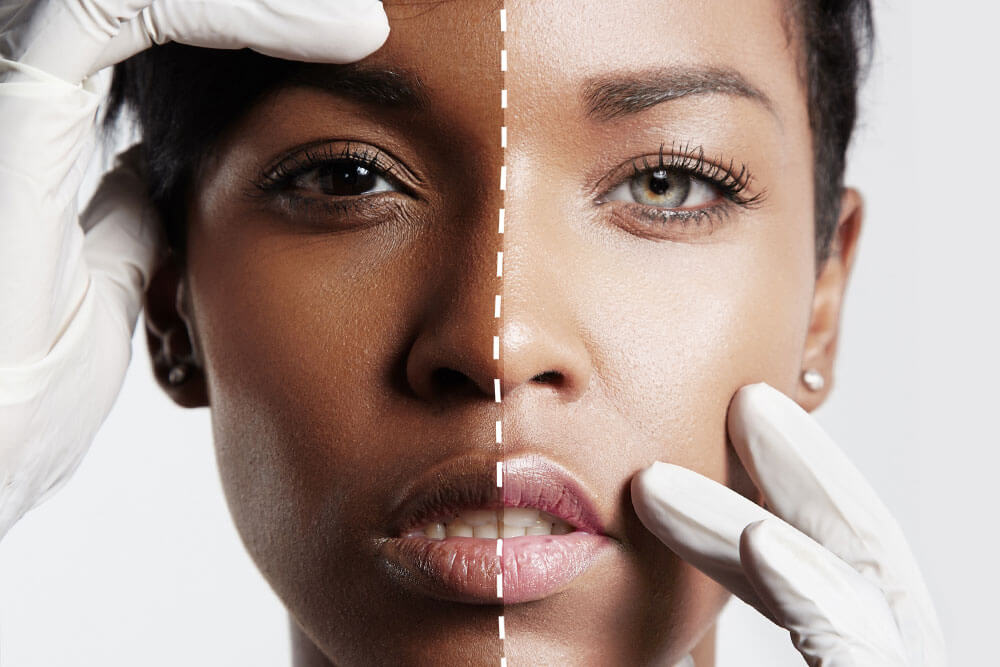
How do you decide what product is right for you?
The secret is in understanding what works best for your skin. Knowing your skin type and skin allergies and having a clear understanding of skin cream ingredients and their effects.
Skin bleaching epidemic is not only a plague in Nigeria, it is widely spread across the African continent. Skin stereotypes are big issues in places like Dakar-Senegal, Ghana and South Africa.
How can this epidemic be controlled?
In countries like Senegal, South Africa, the sale of hydroquinone and melanin skin products have been banned. But, there is still a common use of skin bleach products in these countries.
Is that all that needs to be done?
Banning skin bleaching products would not be effective as long as light skinned is linked with beauty and success.
This is beyond the skin and has now become a social issue that needs to be fought collectively. The promotion of blackness, of embracing the natural skin color should start with You!
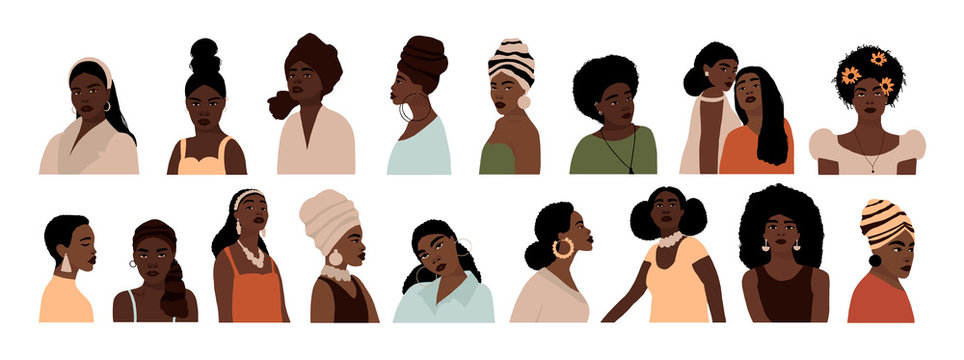
Women and Men of higher status should learn to use their influence to share the right information and products with people, as this has led to the death and untreated skin infections of consumers.
This is not a subtle jab to celebrities and influencers or unauthorized skin care companies, this is more of a clarion call to everyone.
Skin whitening is not skin care, and there are other healthier ways to care for the skin.

